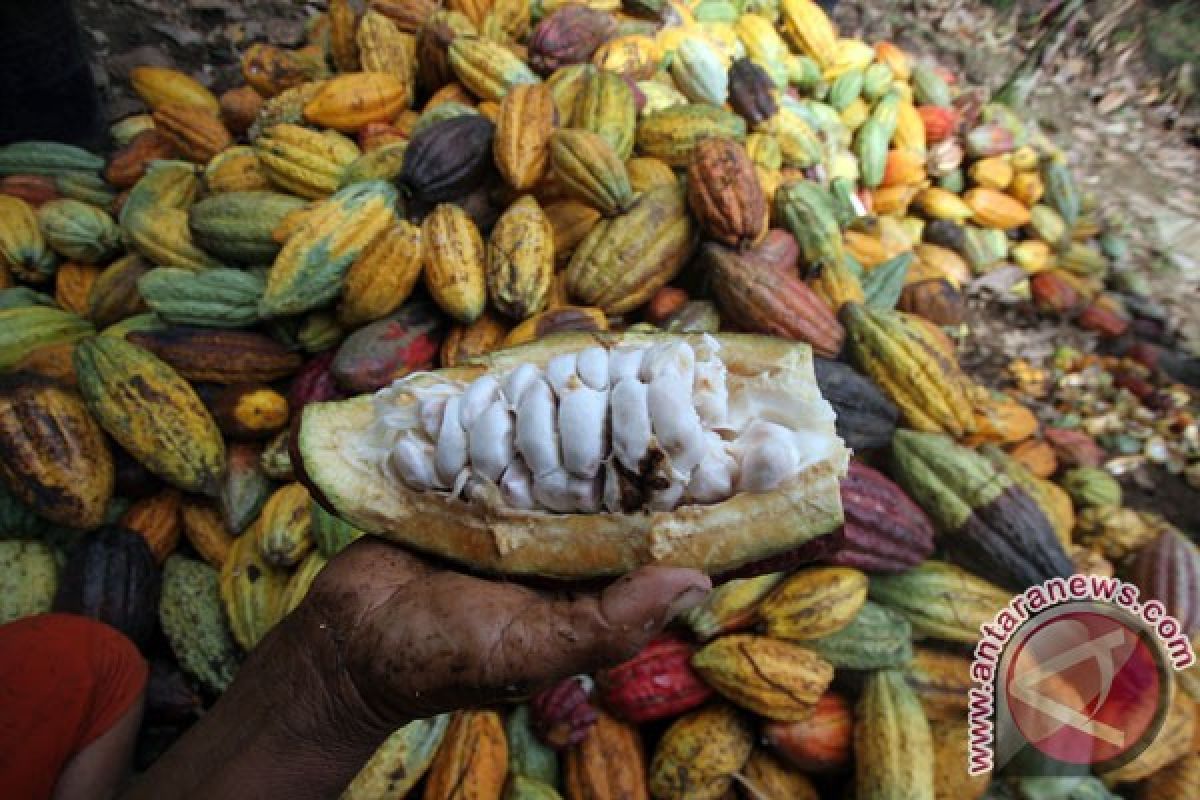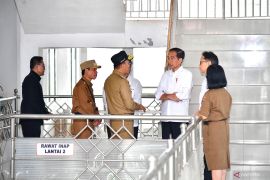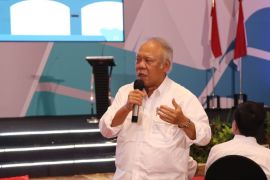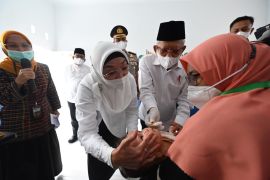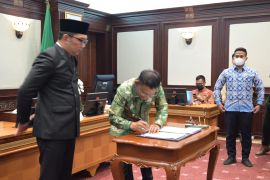These five districts have been designed to develop themselves for ASEAN Economic Community."Jakarta (ANTARA News) - The Indonesian province of West Sulawesi needs industrial development as it will play an important role in improving the economic conditions in various districts.
Every district in West Sulawesi wants to eradicate poverty by improving the industrial sector to increase employment opportunities or to reduce the unemployment rate.
The rate of unemployment in West Sulawesi is rather high, and therefore, industrial development will be useful in achieving full employment in the province.
With industrialization, the production in the province will increase, the resources will be properly utilized, and income of the province will increase.
Therefore, Tomi S.T., a member of the Provincial Legislative Assembly (DPRD), has urged the West Sulawesi provincial government to develop the industry in several districts in accordance with their respective potential.
"If West Sulawesi wants to progress, the local government should build and develop the industry in the province and should no longer manage the potential of the region in the form of raw materials as was done in the past," Tomi remarked in the provincial capital of Mamuju on Friday.
He noted that numerous areas in West Sulawesi have the advantage in terms of potential commodities, such as North Mamuju, which has a high palm yield.
According to Tomi, if the government builds an oil industry by setting up a plant in North Mamuju, the local economy will grow, and the public will be able to improve their welfare.
"Not only companies but the region should also garner the benefits by building the local economy through the development of the palm oil industry in North Mamuju," he remarked.
Further, he added that besides North Mamuju, Mamasa district also produces coffee that can be utilized to develop the area.
"If the local government builds a coffee factory in Mamasa, the economy of the area will also grow, and its community will prosper," Tomi noted.
West Sulawesi Deputy Governor Aladin S. Mengga has stated in Mamuju that the local government was making every effort to strengthen the industrial sector that utilize local natural resources to welcome the ASEAN Economic Community (AEC).
"The West Sulawesi provincial government, with its numerous programs, has been prepared to welcome the AEC," Mengga stated during a seminar on "Challenge and Opportunity to Face AEC" in Mamuju some time ago.
He noted that the local government is developing industrialization programs by utilizing numerous mainstay commodities from various sectors such as plantation, agriculture, fisheries, and mining.
"Endowed with natural and mineral resources in abundance, West Sulawesi is ready to greet the AEC by intensively developing its economy in various sectors," the deputy governor remarked.
By optimally developing its industrial sectors through the use of natural resources as raw materials, he emphasized that West Sulawesi will become a developed province to face the AEC program.
"Our readiness and existence with optimistic attitude will bring us economic competence in the AEC, but certainly, it needs to be supported by security and political stability," he affirmed.
In the meantime, local government spokesman Nuralam Thahir has stated that five of six districts in West Sulawesi province have been prepared to greet the implementation of ASEAN Economic Community.
He noted that the five districts, which have been ready to greet the ASEAN Economic Community are Polewali Mandar (Polman), Mamuju, North Mamuju, Mamasa, and Majene.
"These five districts have been designed to develop themselves for ASEAN Economic Community," Nuralam added.
According to him, AEC is a government program at the central level to create an economic region, which is competitive and integrated with a global economy.
He noted that Indonesia will play its role in improving its economy through the AEC program by establishing its industries and other economic sectors.
Nuralam pointed out that the districts of Polman and Mamuju will build processing industry of natural resources they have in abundance, while the North Mamuju district will be designed to be an "agropolitan" area aimed at eradicating hardcore poverty through various agricultural and agro-based development projects, and "minapolitan" area, a region which contains a fishery with a driving-based agribusiness.
Then, the districts of Mamasa and Majene will be designed to become tourist destination and the center of education.
West Sulawesi Governor Anwar Adnan Saleh revealed that the provincial administration has demarcated a 13-hectare plot of land to build a cocoa industrial vocational high school in the province.
"The school will be built in the Kalukku sub-district as an education facility for students and will expand their overall understanding of cacao farming and help improve the commoditys production in the area," the Governor stated.
He further noted that the school will also be equipped with a cocoa processing plant, a laboratory, a dormitory for female students and teachers and other supporting facilities.
"The development of a cocoa industrial vocational high school in West Sulawesi is part of the local governments commitment to project the province as an icon of cacao," Anwar said.
The Governor added that cocoa in West Sulawesi had better quality and therefore the presence of the school was expected to increase the love of local residents for cacao plants as a source of economy and welfare.
According to him, the local government would need about four years to complete the school, with some parts of its building having been constructed already.
(Uu.O001/INE/KR-BSR)
Reporter: Otniel Tamindael
Editor: Priyambodo RH
Copyright © ANTARA 2016
